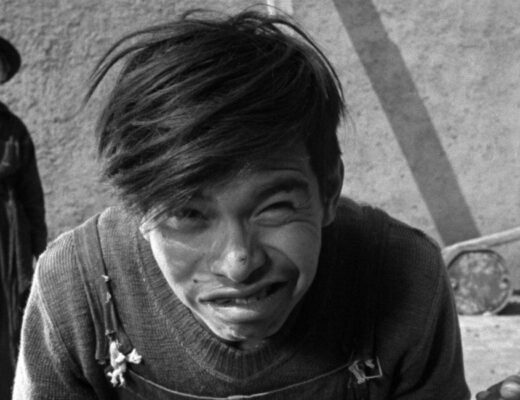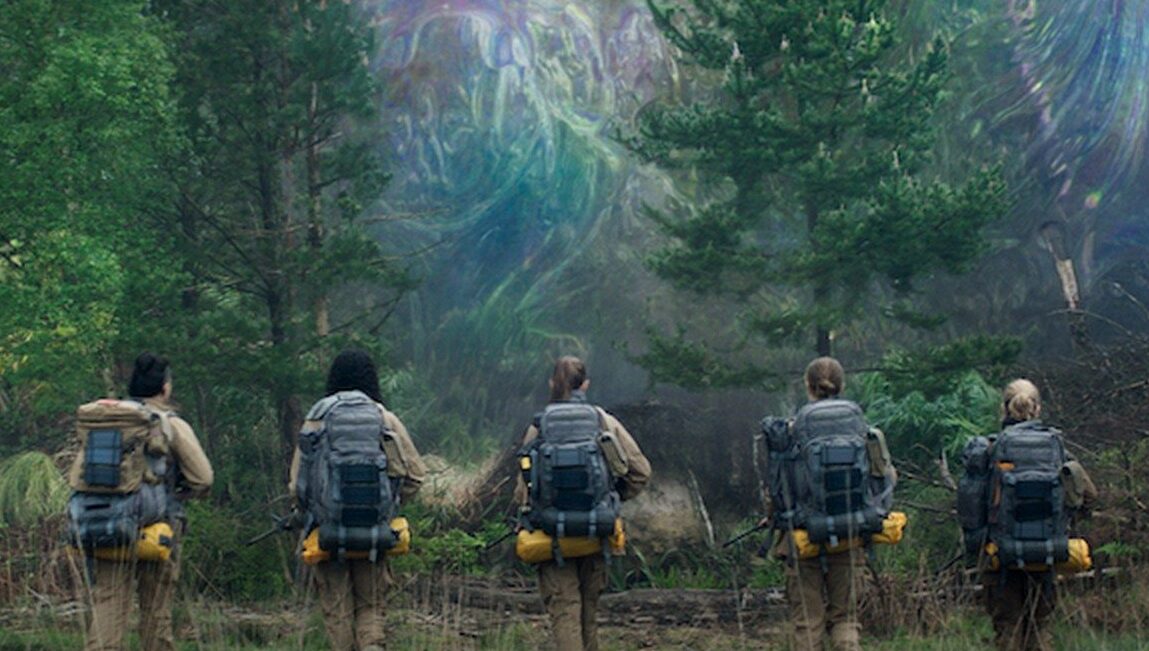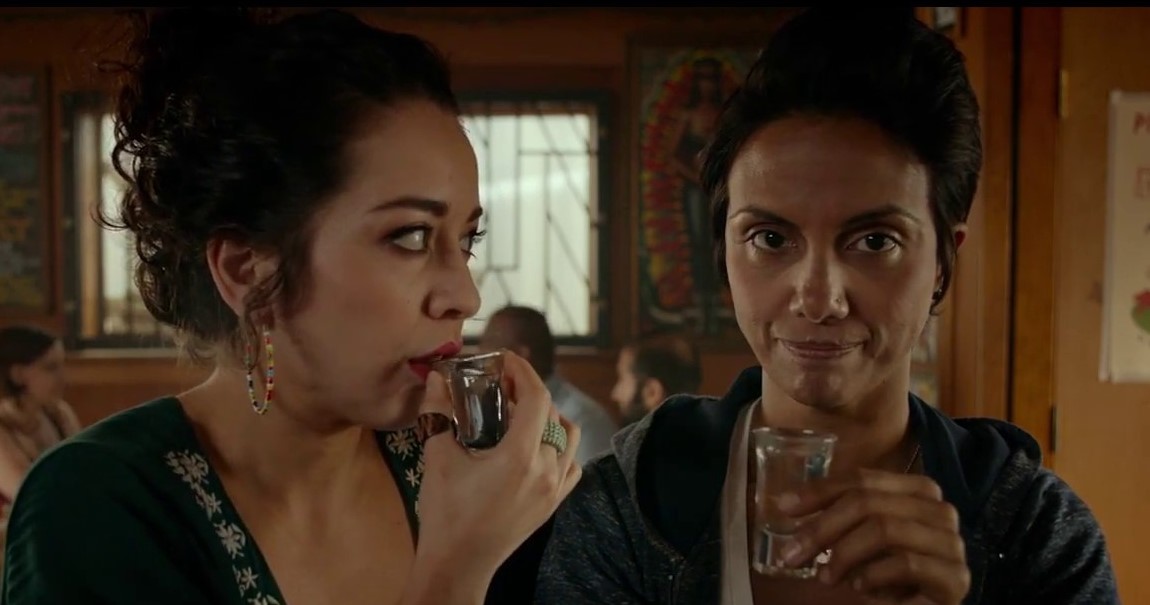The Nest is a deeply obvious, under-cooked attempt at horror-flecked domestic portraiture.
The Nest, writer-director Sean Durkin’s long-awaited follow-up to his remarkably assured debut feature, 2011’s Martha Marcy May Marlene, utilizes the genre trappings of horror to present the portrait of a marriage on the verge of implosion. It’s a savvy conceptual vision, but his film is unceremoniously late to the party: now is a time when metaphor-riddled terror is all the rage, with topics as varied as depression, grief, toxic masculinity, sexually transmitted diseases, and even Alzheimer’s filling the spaces between creaking floorboards and blood-curdling screams. Where something like The Babadook fully commits to its vision, striking equal parts fear and feeling, The Nest is inconsistent in its treatment of horror tropes, trotting them out only when the film is in dire need of a jolt. An argument could be made that such genre subtlety is intentional — the central couple here are facing the budding realization of a dying relationship, and Durkin builds a broad atmosphere of dread to mirror this unsettlement. And yet, everything else in The Nest is served up with such borderline comical bluntness that any notions of subtlety are quickly forgotten. This is a film where the central metaphor involves the literal beating of a dead horse, accompanied by lines of dialogue that explicitly spell out its allegorical winks in case the audience is too stupid: “I was too busy to realize he was even sick.”
Jude Law and Carrie Coon star as Rory and Allison, seemingly wealthy socialites with two teen children who move from America to a sprawling, decrepit estate on the outskirts of London after Rory is presented with a job opportunity too good to pass up. Allison is less than thrilled, and more seeds of resentment are sowed into a marriage marked by financial woes and unfulfilled promises. The mansion in which the family finds themselves is production design heaven, with long hallways, secret passages, and moody soft lighting. A beautiful exterior masks an empty, decaying interior — symbol as sledgehammer. Cold blues and grays dominate the color palette, save for bursts of golden hour yellows and oranges as Allison engages in her true passion, horseback riding. Thus enters the aforementioned horse, all nervous whinnies and wild bucks as night descends on the estate. The Nest wants to be a lot of things: a thoughtful treatise on marriage; a portrait of idealism’s death; an indictment of ‘80s Reagan-era excess; an unnerving haunted house flick. Or does it? When Allison starts screaming about how the house has poisoned her mind, it’s unclear what exactly she is talking about, as a few shots of shadowed hallways and nervous horses hardly account for such a sudden, horror-flecked unraveling. It doesn’t help that Durkin uses the same camera trick over and over to create tension — a basic dolly shot in which the camera slowly pushes in on an actor, a wall, a door, to ostensibly menacing effect. It gets old pretty quickly, as the repetition becomes deadening and renders the intent hollow.
All of this amounts to a film that is a bit of a snooze, its intended slow burn barely reaching a simmer. Law, for his part, fares a bit better, enlivening a man who is equal parts confidence and self-loathing —his final scene is certainly more emotionally affecting than anything else of note. Coon, unfortunately, isn’t given much to do, modeling a series of severe looks and upper crust hairdos that do more to remind the viewer of her resemblance to other actresses — depending on the shot, Virginia Madsen, Gillian Anderson, and Cate Blanchett all jump to mind — than to build any depth into Allison. Perhaps that is the point: portrait of a woman who has so altered her identity and bent her will to that of a man who she thought would provide security and comfort. In fact, this is essentially communicated out loud by another character, just in case it wasn’t clear. By the time we get to the final act, which involves a drug-fueled party and alcohol-impaired driving, the whole thing begins to resemble Ang Lee’s The Ice Storm, a far better film about a debilitated marriage and its effects on the children, who by the way seem like an utter afterthought here. The Nest is most frustrating precisely because it’s so evident what Durkin is attempting to accomplish, but it instead results in what amounts to a half-finished rough draft. After a nine-year hiatus, it’s only right to have expected more.







